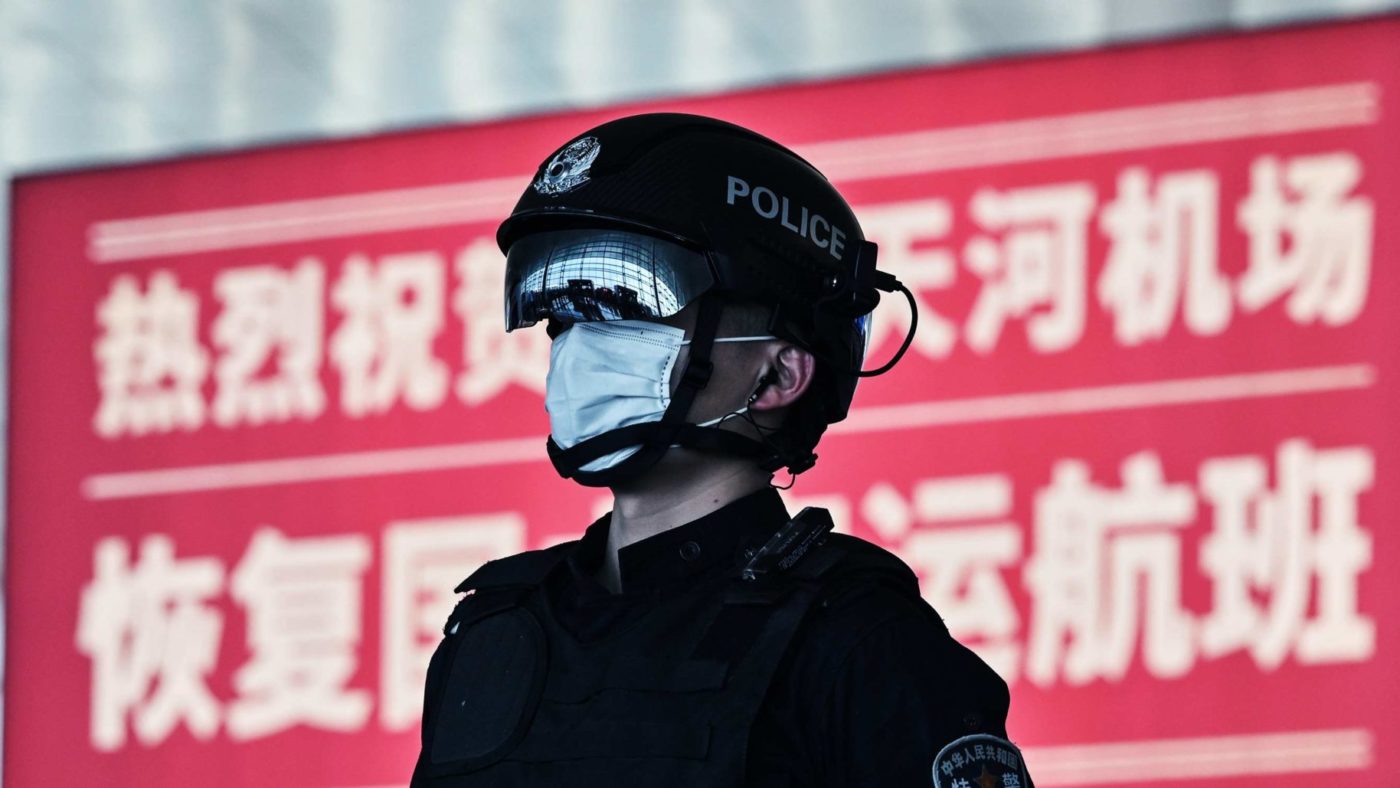We face not one, but two pandemics, both of which have proven themselves to be deadly. The first is a virus, a packet of genetic material that hijacks biological hosts, weakens them, and too frequently kills them. The second is an ideology – authoritarianism – that hijacks democratic polities, weakens them, and too frequently kills them.
When we feel threatened, we tend to look for both an enemy and a protector. In exchange for protection of our lives, we’re willing to give up virtually anything, including the rights and freedoms for which we would fight in normal times. This may be a reasonable exchange during extraordinary times. The problem is that, once we’ve allowed our rights and freedoms to be stripped from us, even if temporarily justified in an extraordinary situation such as a quarantine, we become accustomed to it.
We’ve seen it before. And we’re seeing it now.
Authoritarian rulers are using the Covid-19 pandemic as an excuse to entrench and extend unaccountable powers. In China, where authoritarianism originally fueled the viral outbreak by silencing and punishing doctors who were trying to warn people, the Communist Party (CPC) is crowing that its unaccountable and unlimited powers have actually saved China.
Those are the same powers that fueled the outbreak in the first place, but that didn’t stop propagandist Dong Yuzhen from proclaiming in the CPC’s mouthpiece People’s Daily that “The advantages of the Chinese system have once again been demonstrated since the outbreak of the coronavirus”. Indeed, he proclaimed that “the CPC, as China’s ruling party, is by far the political party with the strongest governance capability in human history that truly cares about the national interests of the country and the Chinese people”.
The signature of authoritarianism is not the use of force, but the pathological dependence on deception, often to the extent of becoming self-delusional. Since Covid-19 started to wreak havoc all over the world, the CPC and its state propaganda machinery launched a series of disinformation campaigns. Not only have they sought to divert the attention to conspiracy theories, which can never be proven nor refuted, but also to shift the blame on to other nations. Had the CPC allowed frontline healthcare workers to speak up and the local government to take action at the start of the outbreak, the contagion could have been under control. But the authoritarian’s first impulse is to suppress the truth and to denounce criticism as “fake news.”
Such totalitarian propaganda is being vividly promoted by the Chinese regime and by its far-flung servants. Moreover, it is being taken up by budding authoritarians who yearn for even greater power, such as Hungary’s Viktor Orbán, who now rules by decree and who has used Chinese state help as evidence of the value of dictatorship. Similar things are happening all over the world, including in the US, where the Attorney General has proposed suspending the writ of habeus corpus, among other things, on the pretext that the rule of law and time-honored constitutional principles are impediments during a crisis.
Authoritarian ideas are like viruses. Once you’re “infected” with them, they become a part of you. Either you develop resistance and immunity, or you become a carrier who spreads them further, even if unknowingly.
Having deferred to authority in an emergency, you become accustomed to deference to power. You go on to consider criticism of the authorities as inherently threatening to your survival. Criticism of leadership comes to be seen as an attack on the people’s very survival.
It’s certainly cast as such by the rulers, and a deferential public comes to accept it as such. It doesn’t matter that the demonstrated incompetence of political leaders or their initial denial of the public health threat made things worse. No, only power can save us, and criticism of those with power comes to be widely seen a threat to our very survival.
Once new powers are instituted, undoing them is extremely difficult. Ronald Reagan was fond of saying that “A government bureau is the nearest thing to eternal life we’ll ever see on this earth”. The economic historian Robert Higgs demonstrated in his book Crisis and Leviathan that there is a ratchet of power, that new powers acquired during a crisis tend to continue long after the crisis has passed. As he has noted, “Throughout US history, national emergencies have served as outstanding occasions for the (ratcheting) loss of liberties.” That’s not only true in the United States. It’s true everywhere.
Extraordinary measures in a crisis, such as quarantine and restrictions on gatherings, must not be an occasion for implementing dictatorship. The principles of the presumption of liberty and constitutionally limited government must be upheld. Once they are abandoned, they are extremely difficult to reclaim. In fact, free and lawful societies are more resilient, wealthier, and in every respect more desirable and attractive than dictatorships.
As we struggle against the viral pandemic, we must not succumb to the authoritarian pandemic. They are both deadly.
Click here to subscribe to our daily briefing – the best pieces from CapX and across the web.
CapX depends on the generosity of its readers. If you value what we do, please consider making a donation.


